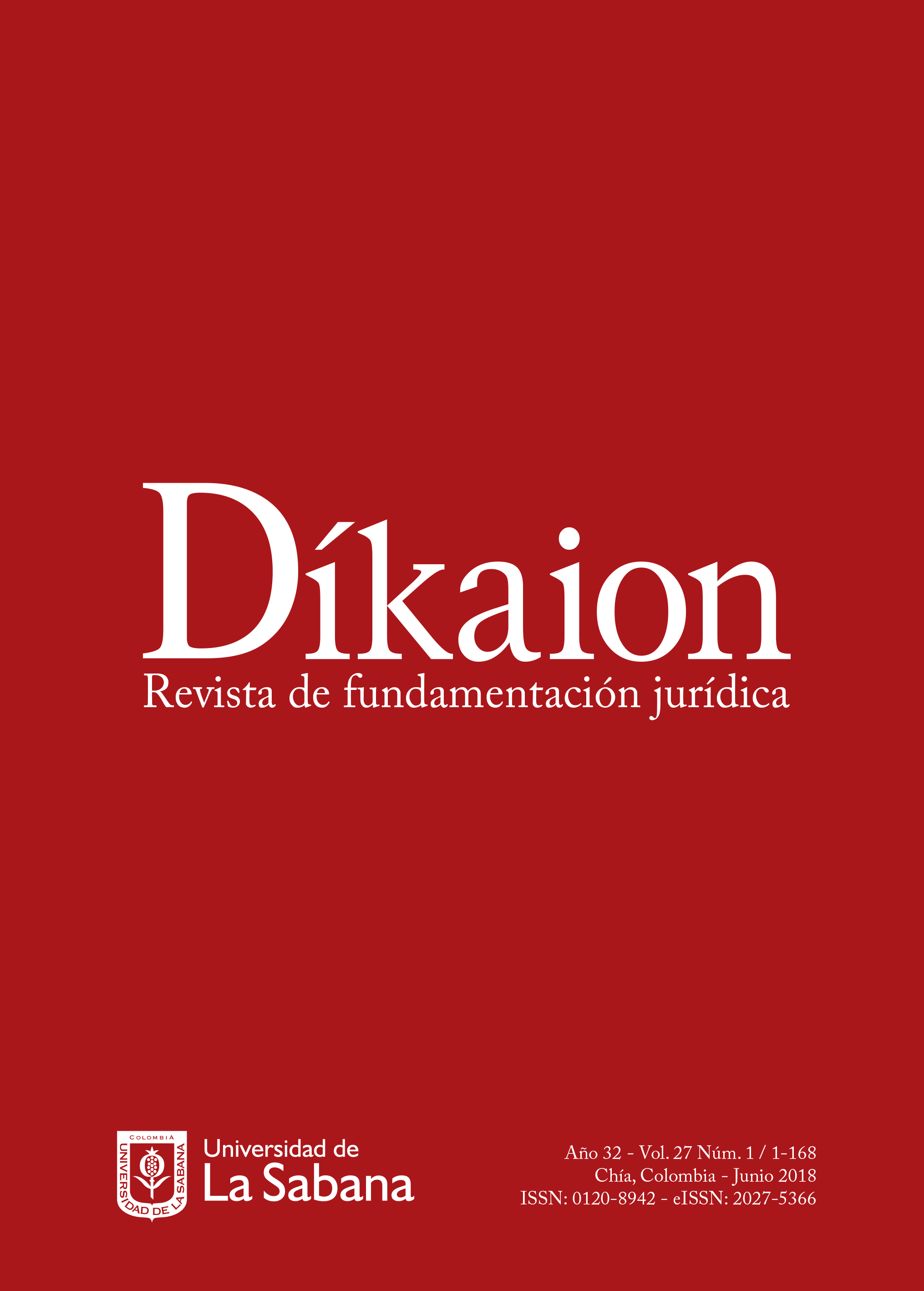Poverty: A Human Rights Problem. What to do when the law makes poverty even worse?
Keywords:
Poverty, human rights, torture, Inter-American Court of Human Rights, constitutional controlAbstract
The purpose of this article is to show poverty is a human rights problem, specifically one that threatens the dignity of the person and is the responsibility of the state to avoid. The scope and bearing of poverty are compared to the consequences of torture; the limitations it produces in terms of political participation are warned, and poverty is related to the right to life and the right to health. All of this is to demonstrate that poverty is not just a monetary or economic problem and, therefore, requires a holistic approach. Three cases brought before the Inter-American Court of Human Rights (Street Children, Sawhoyamaxa and Yakye Axa) are analyzed to show the Court has come close to affording a human rights approach to the problem of poverty. Then, two legislative aspects are reviewed (labor and forestry legislation in Chile) to warn that the law can aggravate or add to the poverty in which many people live. The conclusion is that poverty should be a factor to consider when analyzing the constitutionality of norms, without this implying a political effort on the part of the courts and regulatory bodies.Downloads
Download data is not yet available.
Published
2018-06-29
How to Cite
Beca Frei, J. P. (2018). Poverty: A Human Rights Problem. What to do when the law makes poverty even worse?. Díkaion, 27(1), 101–126. Retrieved from https://dikaion.unisabana.edu.co/index.php/dikaion/article/view/7703
Issue
Section
Articles
License
1. Proposed Policy for Journals That Offer Open Access
Authors who publish with this journal agree to the following terms:
This journal and its papers are published with the Creative Commons License Attribution-NonCommercial-NoDerivatives 4.0 International (CC BY-NC-ND 4.0). You are free to share copy and redistribute the material in any medium or format if you: give appropriate credit, provide a link to the license, and indicate if changes were made; don’t use our material for commercial purposes; don’t remix, transform, or build upon the material.






